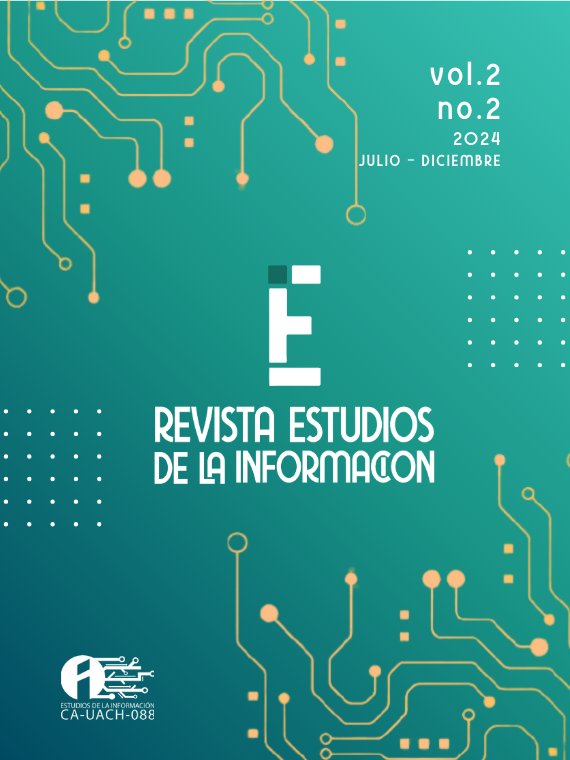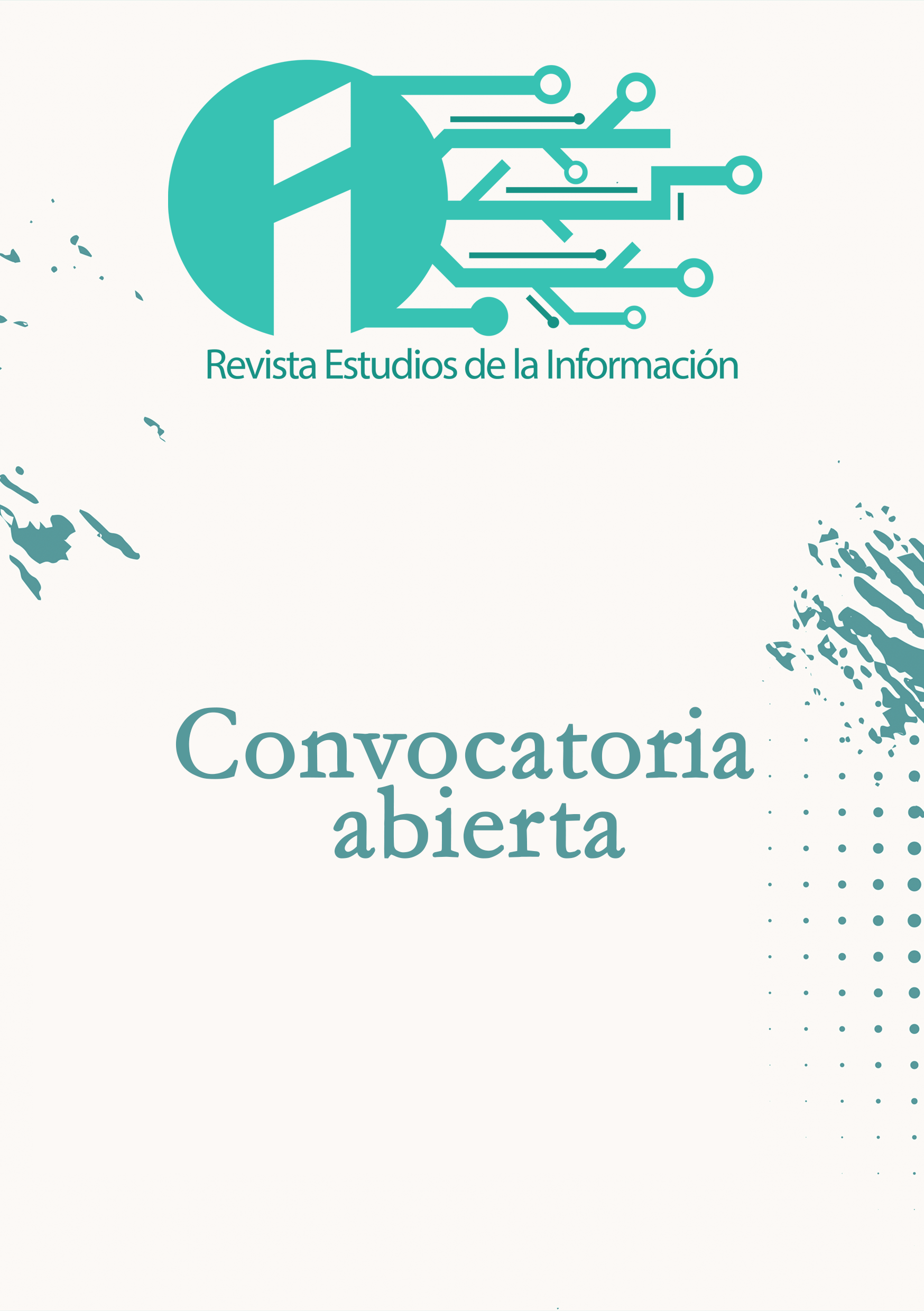Reseña: "Creative Applications of Artificial Intelligence in Education"
DOI:
https://doi.org/10.54167/rei.v2i2.1715Palabras clave:
Inteligencia Artificial (IA), Educación K-12, Educación Superior, Aprendizaje Basado en Juegos Digitales, IA Generativa, Inteligencia Híbrida, Ética en la IA, Analíticas de Aprendizaje, Personalización EducativaResumen
El libro "Creative Applications of Artificial Intelligence in Education", editado por Alex Urmeneta y Margarida Romero, presenta una amplia exploración de cómo la Inteligencia Artificial (IA) está transformando el ámbito educativo a través de aplicaciones creativas. La obra está dividida en tres partes y aborda desde aplicaciones generales de IA en educación, pasando por implementaciones específicas en la educación primaria y secundaria, hasta su uso en la educación superior. En cada sección analiza diversos temas que van desde las oportunidades que la IA ofrece para personalizar y mejorar el aprendizaje, hasta los desafíos éticos, técnicos y pedagógicos que surgen con su integración. Además, se enfatiza la importancia de mantener un enfoque centrado en el ser humano, promoviendo una colaboración equilibrada entre humanos y máquinas para potenciar las capacidades educativas sin desplazar el rol fundamental de los educadores.
Descargas
Citas
Akata, Z., Balliet, D., De Rijke, M., Dignum, F., Dignum, V., Eiben, G. ... y Urmeneta, A. (2020). A research agenda for hybrid intelligence: Augmenting human intellect with collaborative, adaptive, responsible, and explainable artificial intelligence. Computer, 53(8), 18–28. https://doi.org/10.1109/MC.2020.2996587
Akter, S., McCarthy, G., Sajib, S., Michael, K., Dwivedi, Y. K., D’Ambra, J. y Shen, K. N. (2021). Algorithmic bias in data-driven innovation in the age of AI. International Journal of Information Management, 60, 102387. https://doi.org/10.1016/j.ijinfomgt.2021.102387
Baidoo-Anu, D. y Ansah, L. O. (2023). Education in the era of generative artificial intelligence (AI): Understanding the potential benefits of ChatGPT in promoting teaching and learning. Journal of AI, 7(1), 52–62. https://doi.org/10.2139/ssrn.4337484
Chan, C. K. Y. (2023). A comprehensive AI policy education framework for university teaching and learning. International. Journal of Educational Technology in Higher Education, 20(1), 38. https://doi.org/10.1186/s41239-023-00408-3
Ciavaldini-Cartaut, S., Métral, J.-F., Olry, P., Guidoni-Stoltz, D. y Gagneur, C.-A. (2024). Artificial Intelligence in Professional and Vocational Training. En A. Urmeneta y M. Romero (Eds.), Creative Applications of Artificial Intelligence in Education (pp. 145–177). Springer Open. https://doi.org/10.1007/978-3-031-55272-4_11
European Commission. (2019). Ethics guidelines for trustworthy AI. https://digital-strategy.ec.europa.eu/en/library/ethics-guidelines-trustworthy-ai
Helberger, N. y Diakopoulos, N. (2023). ChatGPT and the AI act. Internet Policy Review, 12(1). https://doi.org/10.14763/2023.1.1682
Littlejohn, A. (2017). Learning and work: Professional learning analytics. En C. Lang, G. Siemens, A. Wise y D. Gasevic (Eds.), Handbook of learning analytics (pp. 268–276). SOLAR. https://www.solaresearch.org/publications/hla-17
Montemayor, C., Halpern, J. y Fairweather, A. (2022). In principle obstacles for empathic AI: Why we can’t replace human empathy in healthcare. AI & Society, 37(4), 1353–1359. https://doi.org/10.1007/s00146-021-01255-4
OECD. (2019). Recommendation of the Council on Artificial Intelligence. OECD Legal Instruments. https://legalinstruments.oecd.org/en/instruments/OECD-LEGAL-0449
Romero, M. (2023). Lifelong learning challenges in the era of artificial intelligence: A computational thinking perspective. 12th International Research Meeting in Business and Management. https://hal.science/hal-04593512/document
Romero, M., Laferriere, T. y Power, T. M. (2016). The move is on! From the passive multimedia learner to the engaged co-creator. eLearn Magazine, (3), 1-8. https://doi.org/10.1145/2904374.2893358
Sabzalieva, E. y Valentini, A. (2023). ChatGPT and artificial intelligence in higher education: Quick start guide. UNESCO. https://unesdoc.unesco.org/ark:/48223/pf0000385146
Swiecki, Z., Khosravi, H., Chen, G., Martinez-Maldonado, R., Lodge, J. M., Milligan, S., ... y Romero, M. (2022). Assessment in the age of artificial intelligence. Computers and Education: Artificial Intelligence, 3, 100075. https://doi.org/10.1016/j.caeai.2022.100075
Tedre, M., Mäkitalo, K., Vartiainen, H., Kahila, J., Laru, J. y Iwata, M. (2023). Generation AI: Participatory machine learning co-design projects with K-9 students in Finland. En Proceedings of the 2023 Conference on Innovation and Technology in Computer Science Education (pp. 657–657). IEEE. https://tinyurl.com/27sw54dd
Wu, Z., Ji, D., Yu, K., Zeng, X., Wu, D. y Shidujaman, M. (2021). AI creativity and the human-AI co-creation model. En M. Kurosu (Ed.), Human-computer interaction: Theory, methods and tools. HCII 2021. Lecture Notes in Computer Science (Vol. 12762). Springer. https://doi.org/10.1007/978-3-030-78462-1_13
Publicado
Cómo citar
-
Resumen60
-
PDF31
-
EPUB6
-
HTML5















